Child & Family Bereavement Support

The aim of this page is to assist children, young people, parents, carers and their families in accessing bereavement information, resources and services when they are bereaved by the death of a child or a child is bereaved by the loss of somebody close in their lives.
When a child or baby dies
The agony of losing a baby or child of any age is unparalleled. There is no age or point in time that makes it any easier. No parent or carer expects to face the death of their baby or child and no grandparent expects to lose their grandchild.
The death of a baby or child goes against the natural order we expect life to follow. The loss carries with it the loss of the future, the hopes, dreams, and potential that can never be fulfilled. The longing for the baby or child and the feeling of emptiness can last a lifetime.
Some parents and carers describe feeling complete disbelief, mixed with flashes of reality too awful to think about. You may feel numb, empty, enraged, anxious or exhausted. You may feel guilty, feeling that you were responsible for their safety and that you should have been able to prevent what happened. Some parents and carers also feel guilty because they have survived their baby or child.
There may be nothing you could have done differently, but such feelings can be strong and can be replayed over and over again as you try to make sense of what has happened.
Finding answers to why it has happened can be very important and this may be something medical staff can tell you, but sometimes there is no clear answer.
Trying to make decisions after your baby or child has died may feel almost impossible, but it is important to ask for support from your GP, the hospital or a funeral director so that you know what the options are. When grieving, it can help to feel that you were supported at the time to make important decisions.
If you have other children, you may focus on their needs or worry about how they might react. Children of all ages need honest, age appropriate information about what has happened and normal routines as far as possible. They also need reassurance that it is ok for them and for you to have different feelings at different times, including being sad, confused, angry and happy.
NHS England have produced a booklet for parents and carers to provide information and support about what happens when a child dies. To download a copy of the booklet, click on the image below: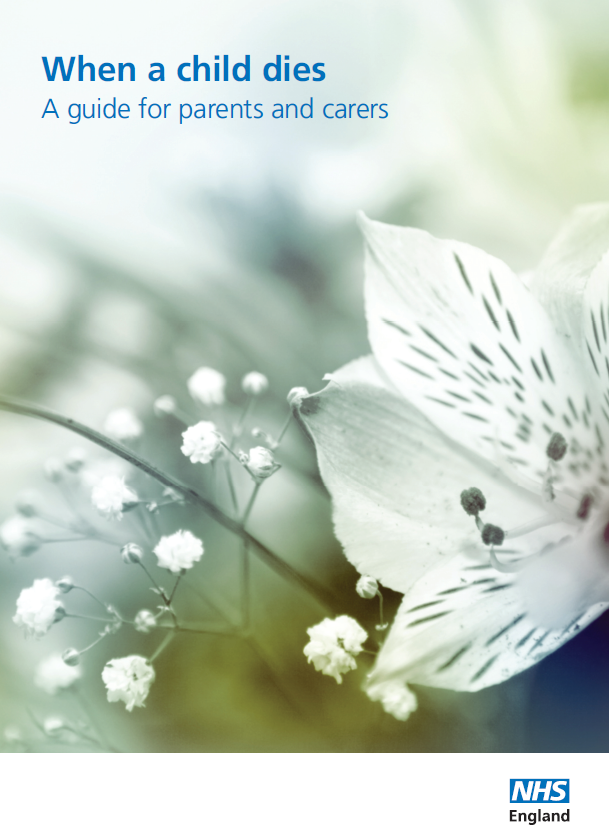
Child Bereavement UK specialises in supporting children, young people, parents and families with child bereavement. They have produced detailed guide on the loss of a baby or child covering a range of topics such as how you may be feeling, grief and relationships, what might help, looking after yourself, going back to work and further resources. To access the guide along with videos, please visit the Grieving for a child of any age page on Child Bereavement UK’s website.
When a child or family grieves
It is important to tell a child of any age when someone important in their lives has died, and ideally, this is done by someone who is closest to them. The following is based on what families have told Child Bereavement UK what was helpful for them:
– Tell a child as soon as possible, in a place where they can be supported and away from distractions.
– Use clear language that they can understand, for example ”I have something to very sad to tell you. Grandad has been very ill for some time and now he has died”
– Clear words such as ‘he has died’ are easier for children to understand than ‘lost’ ‘passed away’ or ‘gone to the stars’.
– Allow for time together for comfort, support and any questions they may ask.
– Answer questions honestly, but keep explanations short, clear and appropriate for their age and understanding. It is ok to say you don’t know the answer to a question, but that you will come back to them if you find an answer.
– Especially with a young child, you may need to repeat the information. See ‘Explaining what death means to young children’ below.
– It is ok to show your emotions and to explain that you are sad because the person has died, and that it is ok to be sad sometimes and happy sometimes when someone dies.
– Tell them about plans for the days ahead, including who will take them to school or activities. If you need to leave them, tell them when you will be home, or who will be looking after them. This will help them to feel secure.
Children under the age of six do not usually understand that death is permanent and so may expect the person to come back. It is still important to tell them that the person has died.
An explanation that helps young children to understand what death means:
‘When someone dies, their body stops working, and this means that they don’t need anything to eat or to drink and they can’t feel anything. Because their body has stopped working, they can’t come back to life, even though we may really want them to.’
You could use visual examples from the natural world to help explain, such as comparing a dead leaf on the ground and a living leaf on the tree.
Regional Support Services

Cruse offers telephone, email and website support. They have a Freephone national helpline and local services, and a website (hopeagain.org.uk) specifically for children and young people. Our services are provided by our network of 5,000 trained volunteers and are confidential and free. Cruse also provides training and consultancy for external organisations and for those who may encounter bereaved people in the course of their work.
Website: www.cruse.org.uk
York & North Yorkshire Local Support Service: 01904 481162
Email: york@cruse.org.uk
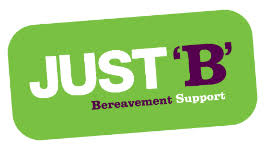
Just B offers professional bereavement support and information for people living in the Harrogate, Richmondshire and Harrogate districts. They offer support services to children, young people and adults who have been bereaved, as well as information and advice for professionals working with families.
Website: www.justb.org.uk
Children & Young People’s Service: 01423 856799
Adults’ Service: 01423 814480

Martin House offer a bereavement service to families whose child has died of a life-shortening condition or who has died from a sudden or traumatic death. The service, delivered by experienced and specialist bereavement support workers and counsellors, is available to those who have used the services of the hospice and also to those who have not.
Website: www.martinhouse.org.uk
Email: admin@martinhouse.org.uk
Phone: 01937 845045
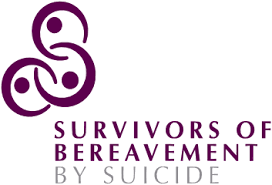
Survivors of Bereavement by Suicide (SOBS) are a national charity providing dedicated support to adults who have been bereaved by suicide. They currently have around 150 volunteers across the UK who help run services. In North Yorkshire, there is a local service available in York.
Website: www.uksobs.org
Email: york@uksobs.org
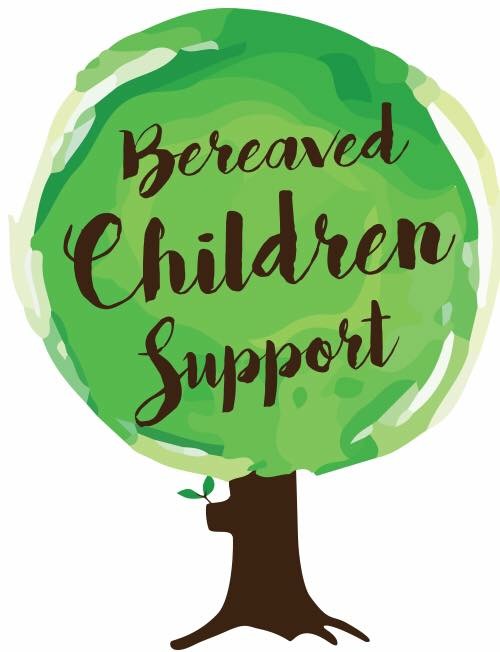
Bereaved Children Support York, supports bereaved children and families in the York area. They offer monthly drop in peer support group for bereaved children to come together for fun, toys and craft activities. It also offers an opportunity for parents and carers to meet each other for support too.
Website: www.bcsy.org.uk
Email: info.bcsy@gmail.com
This support line is to help anyone who is feeling sad or upset about people dying during the coronavirus pandemic. It can help if you have lost a loved one, family member or friend. It can help if you are feeling sad about someone you didn’t know who has died.
It can also help if you are feeling sad about the amount of people who have died during this time, they don’t have to have died from coronavirus.
You can contact the helpline free 7 days a week from 8am until 8pm.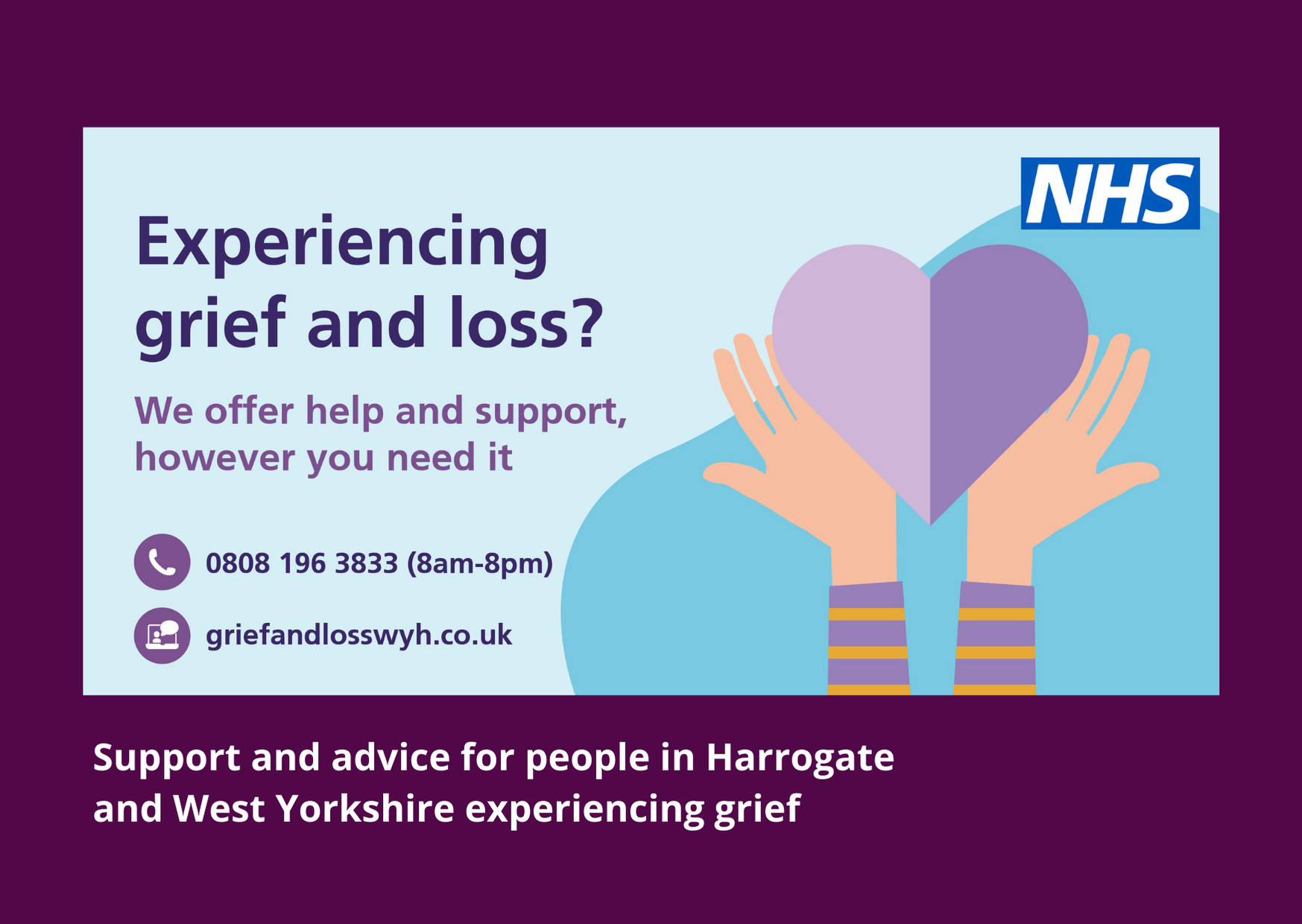
Saint Michael’s provide emotional wellbeing and bereavement support for those using our hospice services. They also offer specialist support to children, young people and adults who do not have a connection with the hospice, through our Just ‘B’ service.
Just ‘B’ supports the communities of North Yorkshire, as well as national support for frontline staff in response to the Covid-19 pandemic. As well as 1-1 emotional wellbeing and bereavement support, They offer information and advice for professionals. Their bereavement support service is suitable for people experiencing any type of bereavement, including suicide, road traffic accident or terminal illness.
Website: https://saintmichaelshospice.org/how-we-help/emotional-wellbeing-bereavement-support/
National Support Services

The Childhood Bereavement Network advocates for bereaved children, young people and provides support to professionals who are supporting families to find and share knowledge and resources need to deliver high quality, accessible bereavement care. The network can signpost families and professionals to sources of bereavement support.
Website: www.childhoodbereavementnetwork.org.uk
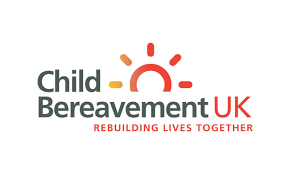
Child Bereavement UK Helpline help children and young people (up to age 25), parents, and families, to rebuild their lives when a child grieves or when a child dies. They also provide training to professionals, equipping them to provide the best possible care to bereaved families.
Live Chat: www.childbereavementuk.org
Email: support@childbereavementuk.org
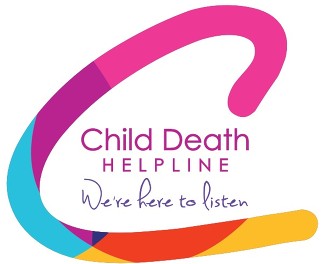
The Child Death Helpline provides a freephone service to anyone affected by the death of a child of any age which occurred under any circumstances, however recently or long ago.
Website: www.childdeathhelpline.org.uk
Phone: 0800 282 986
![]()
Papyrus is a charity which exists to reduce the number of young people who take their own lives by shattering the stigma around suicide and equipping young people and their communities with the skills to recognise and respond to suicidal behaviour. In relation to Suicide Bereavement Support, Papyrus is part of the Suicide Bereavement Support Partnership for organisations and individuals working across the UK to support people, who have been bereaved by suicide. Papyrus lists a number of organisations and guides for help with Bereavement here.
Website: www.papyrus-uk.org
Email: admin@papyrus-uk.org
Phone: 01925 572444
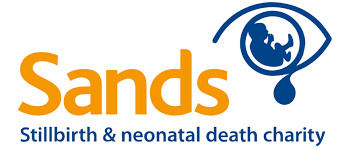
Sands supports anyone who has been affected by the death of a baby before, during or shortly after birth. Some of the services they offer include a free national helpline and a bereavement support app for parents, families, carers and health professionals; a UK-wide network of support groups with trained befrienders; an online forum enabling bereaved families to connect with each other and a wide range of bereavement support resources available online and in print.
Website: www.sands.org.uk
Email: helpline@sands.org.uk
Phone: 0808 1643332

The Lullaby Trust helps families who experience the sudden loss of a baby, providing emotional and practical support.
Website: www.lullabytrust.org.uk
Email: support@lullabytrust.org.uk
Phone: 0800 802 6858
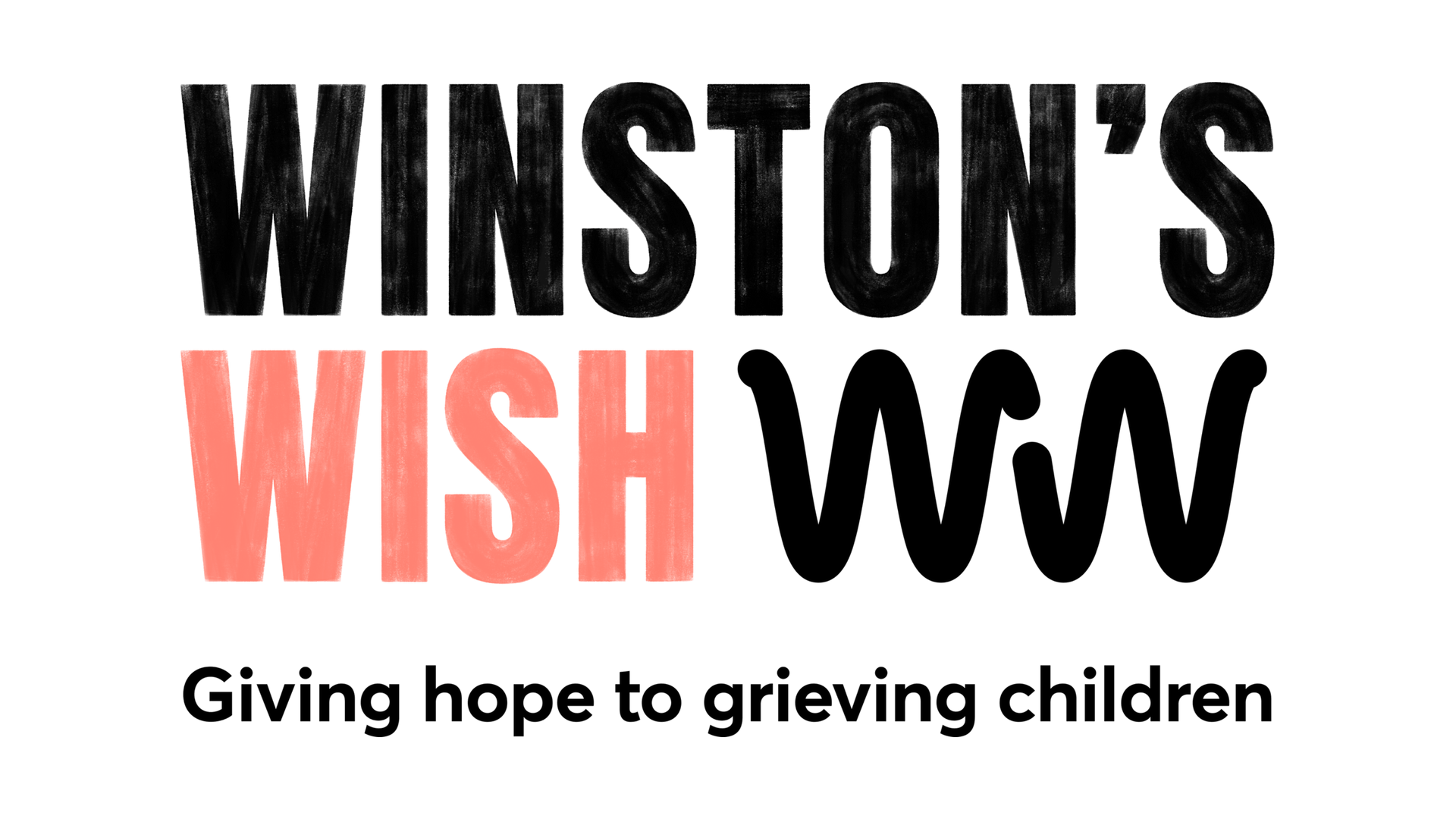
Advice, information and resources for parents, carers and professionals supporting bereaved children and young people. This includes a free helpline, online chat and face to face services.
Website: www.winstonswish.org
Email: ask@winstonswish.org
Phone: 0808 802 0021
The Children’s Funeral Fund for England can help to pay for some of the costs of a funeral for a child under 18 or a baby stillborn after the 24th week of pregnancy.
It is not means-tested: what you earn or how much you have in savings will not affect the sum received to help pay the costs.
The burial or cremation for a child must take place in England.
For further information on what the fund covers visit www.gov.uk/child-funeral-costs
![]()
Sudden is an organisation who provide information and support for both children and adults who have been bereaved by a sudden death.
Sudden have a whole host of information to help children and adults bereaved by a sudden death, including a national helpline:
Website: www.suddendeath.org
Phone: 0800 121 6510
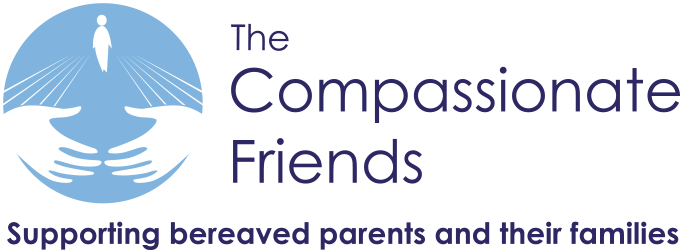
The Compassionate Friends (TCF) is a charitable organisation of bereaved parents, siblings and grandparents dedicated to the support and care of other similarly bereaved family members who have suffered the death of a child or children of any age and from any cause.
Visit: www.tcf.org.uk
Tel: 0345 123 2304
Email: helpline@tcf.org.uk
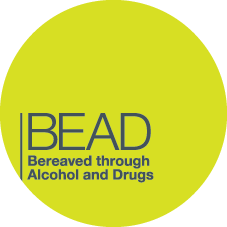
The BEAD project, which was created by Cruse Bereavement and Adfam offers online information and support for anyone bereaved through drug or alcohol use.
Visit: www.beadproject.org.uk

Online offers of support and literature for Children and Families who are bereaved.
Visit: Support Young Children and Families Through Bereavement and Loss | Anna Freud Centre
Email: info@annafreud.org
Tel: 020 7794 2313
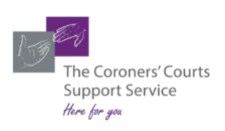
The Coroners’ Courts Support Service (CCSS) is an independent voluntary organisation whose trained volunteers offer emotional support and practical help to bereaved families, witnesses and others attending an Inquest at a Coroner’s Court.
Visit: https://coronerscourtssupportservice.org.uk/
Email: helpline@ccss.org.uk
Tel: 0300 111 2141

AtaLoss helps bereaved people find support and wellbeing. Our vision is that no bereaved person in the UK should be left floundering or alone and unable to find support when they need it. We want there to be universal routine referral so that everyone can find timely, appropriate and effective support in the interests of their mental and physical health as well as practical, financial, social and spiritual wellbeing.
AtaLoss.org is the UK’s signposting and information website for bereaved people
For general enquires email: office@ataloss.org
![]()
Co-founded by three bereaved mothers, SUDC UK aims to help make SUDC predictable and preventable by raising awareness and funding crucial research. Families must be supported following such devastating loss.
Contact SUDC UK using the online form here: CONTACT FORM | SUDC
Resources to support services working with children & families
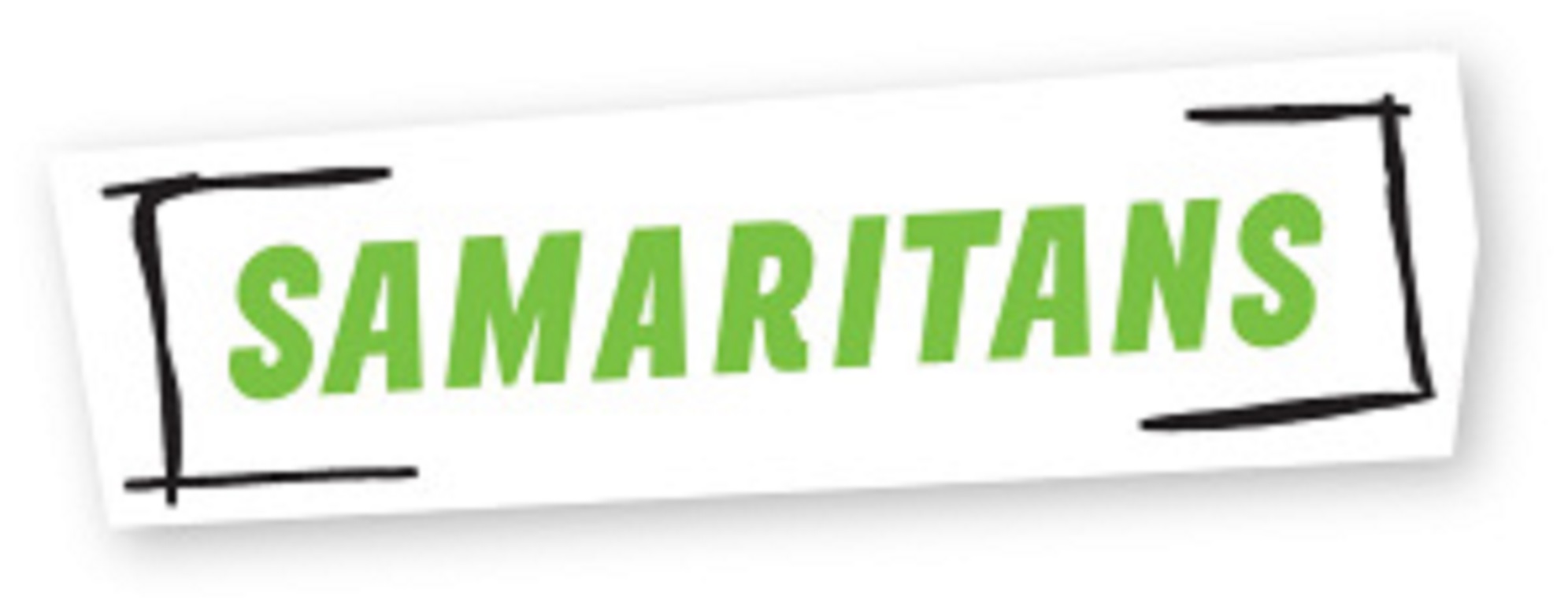
The below guidance forms part of Samaritans’ Step by Step service to schools, which offers specially trained volunteers who
can assist school leadership teams with their suicide response.
Contact stepbystep@samaritans.org or Freephone 0808 168 2528 for further information.
Help When We Need It Most: How to prepare for and respond to suicide in schools and colleges: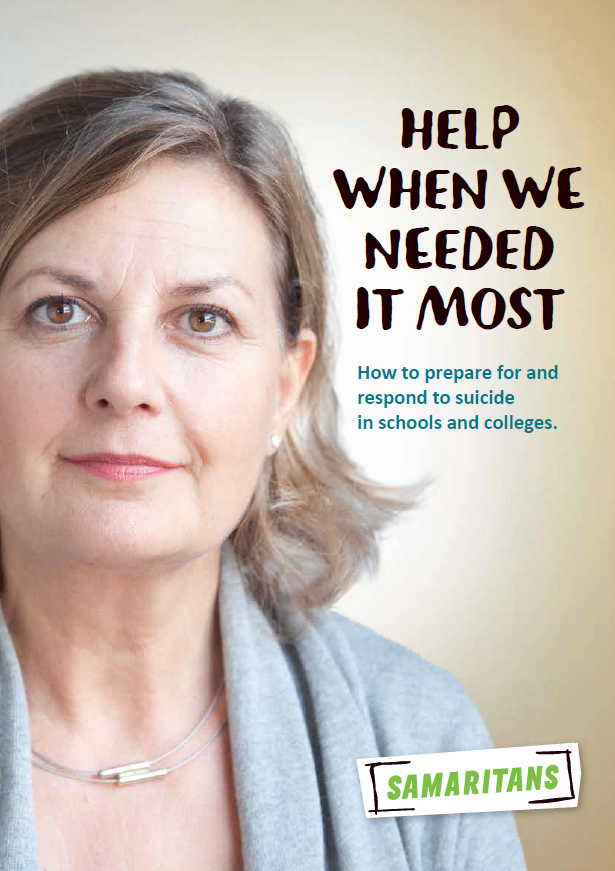
The below document and pathway is primarily for frontline staff working with children and young people who:
• Identify themselves as using self-harm as a coping strategy
• Require support as a result of disclosing self-harm, suicidal ideation and or previous suicide attempt
Click here for the North Yorkshire Self-Harm and Suicidal Ideation Pathway
This document provides particular advice around how head teachers and senior leaders might handle a bereavement during the COVID-19 pandemic.
While, of course, all it is hoped very much that it will not happen, the health pandemic does mean that there is an increased chance of a bereavement occurring. This guidance is designed to support head teachers with preparing for such an eventuality.
This guidance should be read in conjunction with North Yorkshire’s general guidance for schools and settings on ‘Loss and bereavement’, which should already be in schools and is available to download above.
North Yorkshire Council Bereavement and the Coronavirus: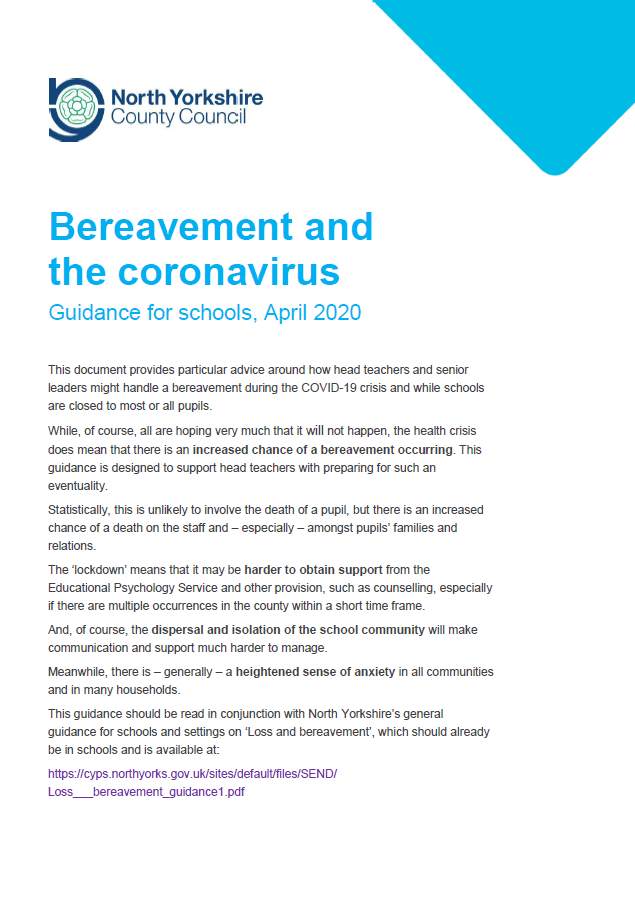
List to children’s literature to support with death and bereavement
Listed below is some literature which may support a family and a child when discussing death and bereavement. They are available to purchase from all major bookshops or online:
Badger’s Parting Gifts by Susan Varley
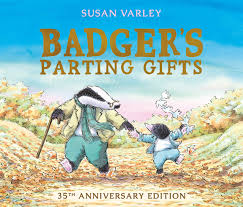
Grandpa by John Burningham
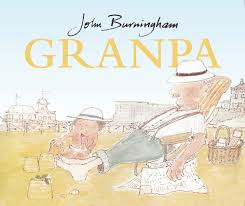
Sad Book by Michael Rosen
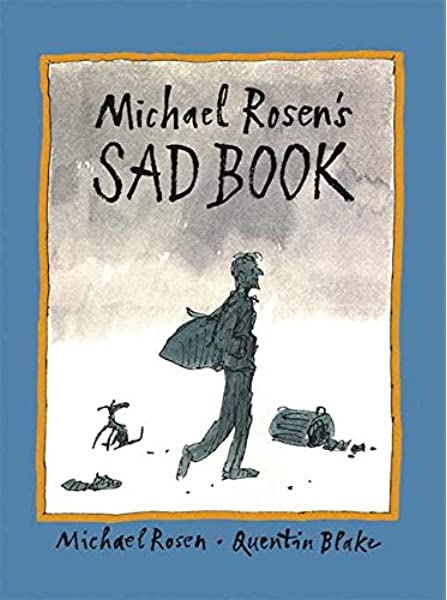


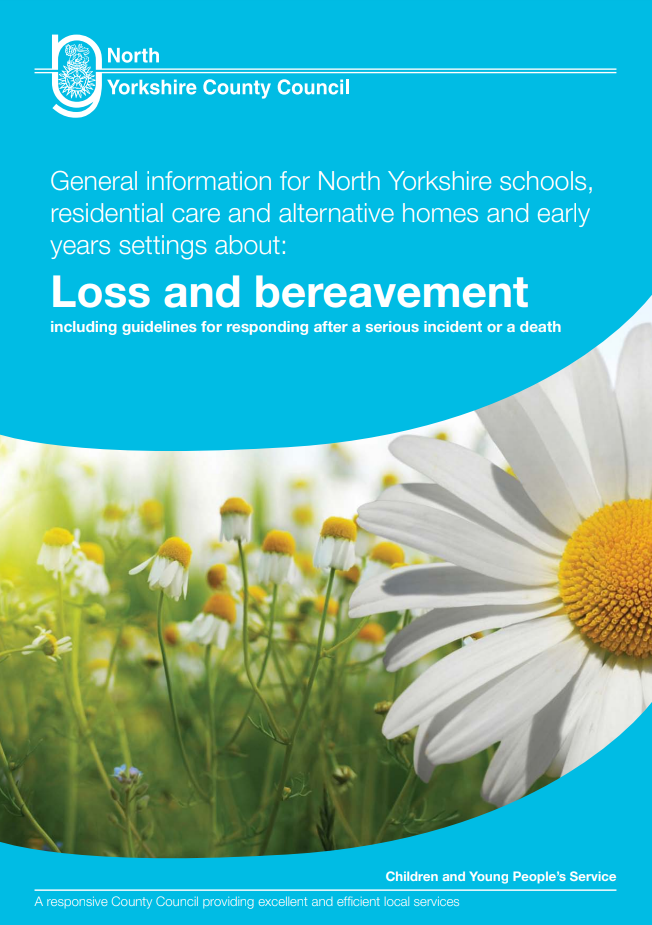


 View all our news
View all our news